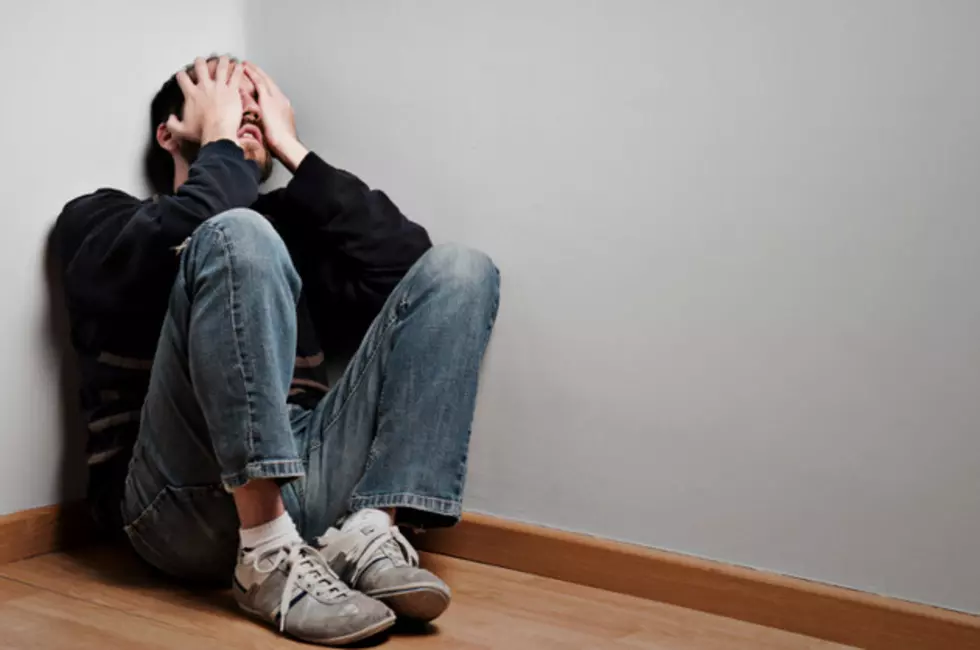
Mental and substance abuse problems are rising in NJ: Get help now
Since the start of the COVID pandemic, there has been a growing number of New Jersey residents seeking treatment for a variety of other mental health issues, as well as substance abuse problems.
Thanks to a federal pilot program that was launched four years ago, some of them are getting the help they need.
Debra Wentz, the president and CEO of the New Jersey Association of Mental Health and Addiction Agencies, said federally-funded Certified Community Behavioral Health Clinics (CCBHC) are offering a wide spectrum of services in an integrated model of care, particularly for the most vulnerable individuals with complex needs.
“The clinics provide crisis mental health services, including 24-hour mobile crisis teams, emergency crisis intervention and crisis stabilization,” she said.
Clinics are also providing screening and diagnosing services, and they’re helping to organize patient treatment plans, including outpatient mental health and substance abuse services.
“They also provide primary care screening and monitoring, targeted case management, psychiatric rehabilitation services,” said Wentz.
The clinics also offer family support and counseling services, some especially targeted for veterans and those currently serving in the military.
Wentz pointed out the CCBHC’s are providing the wide range of services that are necessary “to create access, to stabilize people in crisis, and to provide the necessary treatment for those with the most serious complex mental illnesses and addictions.”
Currently, 20 of these clinics serve more than 20,000 Garden State residents, and the program is also running in New York, Pennsylvania and seven other states.
Wentz said with opioid overdose deaths on the rise in New Jersey, including more than 2,800 last year, the clinics are focusing on this issue “by dramatically expanding access to medication-assisted treatment, which is the gold standard in substance abuse care.”
She noted treatment is also being offered for alcohol abuse, tobacco use and obesity.
Wentz said the CCBHC program is a valuable asset to the community because of it's accessibility.
"‘It does not turn anyone away. There’s no geographical boundaries. It offers services 24-7," said Wentz. "This is really considered the gold model of the future because it treats the whole person, and it treats them where they are, when they are at any time."
She pointed out the Excellence in Mental Health and Addiction Treatment Act, which is currently before Congress, would allow any state the option to apply to participate in the CCBHC program.
You can contact reporter David Matthau at David.Matthau@townsquaremedia.com.


